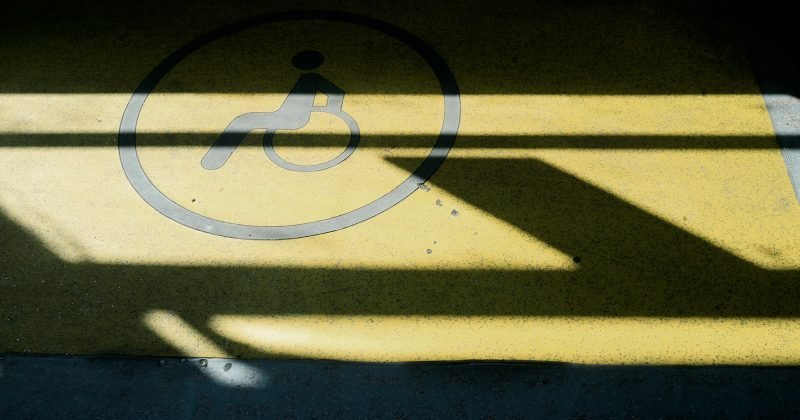July 27, 2020
Rebuilding Credit after Bankruptcy
If filing for bankruptcy has taught you anything, it’s that you don’t want to go back to the old habits that left you with debts and little resources to resolve them. With your bankruptcy over, you’re ready to begin rebuilding your credit. How will you go about that? Here are five tips that will help.
Forget About Using a Credit Repair Company
As the date for your bankruptcy to be discharged approaches, don’t be surprised if all sorts of offers from credit repair companies come your way. Some will claim that they can remove references to the bankruptcy from your credit reports quickly. Unless the information on your reports happens to be inaccurate, that is not the case.
Save your cash and stop looking for a short cut to improving your credit. The bankruptcy will fall off your reports in time. In the meantime, there are other things you can do that will really rebuild your credit.
Consider Obtaining a Secured Credit Card
You may have numerous credit card offers come your way. Most of them will sport high interest rates and other terms that make them less than ideal choices. A better approach is to find an institution that offers a secured card and who will report payment activity to the major credit agencies routinely.
With secured credit card accounts, you establish a savings account that acts as collateral or security for the card. The credit limit is typically somewhere between 80% and 100% of your account balance. Along with establishing a decent credit limit, you also earn interest on the funds in the savings account.
While it will take some research, find a secured card provider who offers no annual fee or at least a modest one. You also want to check the interest rate that applies to outstanding balances. Over time, you may be able to convert the secured card into a traditional unsecured account based on how you manage the card.
Pay Off Your Credit Card Balance Every Month
Limit yourself to one or two credit cards and make sure the balances are paid in full every month. If that’s not possible one month, shoot for paying off the balances within two months. Your goal is to ensure that the card issuers routinely send in favorable reports to the credit bureaus. Prompt payments and low balances combine to increase your credit scores over time.
Take Out a Small Loan and Pay It Off Quickly
Loans are also excellent for helping to rebuild credit. Start with a small loan that you can repay in six months or less. Make sure the lender reports to the major credit bureaus on a regular basis. The recent positive comments will help offset the impact of the older negative comments on your report.
Stick with Your Current Employer
Not many people realize this, but your employment history has an indirect effect on your credit scores. This is because many lenders are reluctant to extend credit privileges or loans to someone who seems to job hop. The bankruptcy will already limit your choices to some extent. Having multiple employers within a short period of time further limits the options.
Staying with the same employer indicates that you pose less of a risk to those lenders. That translates into a higher chance of establishing credit with a new lender and having the chance to prove yourself. Remember that proving you’re financially responsible and have learned from the past will go a long way in regaining credit privileges and having the opportunity to improve your credit score. Take it slow, avoid accepting every offer that comes your way, and things should look a lot better this time next year.

